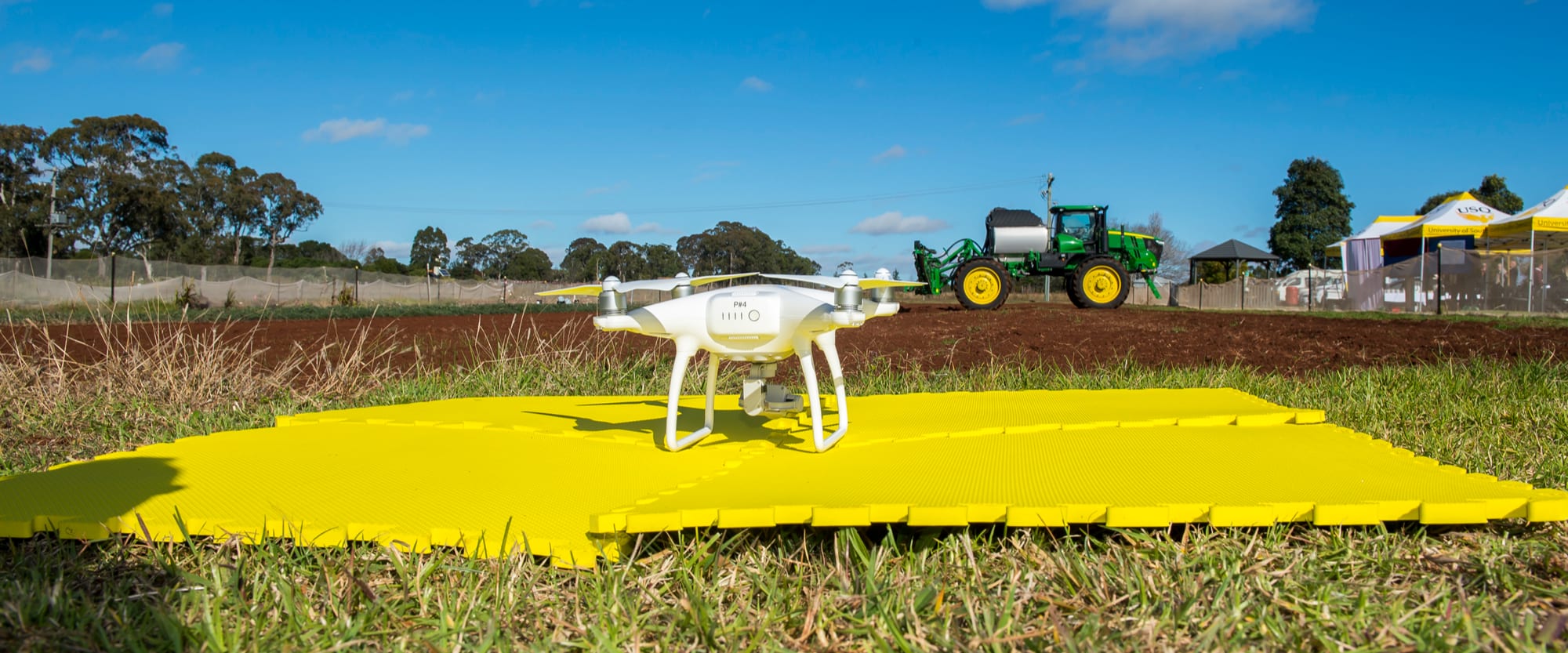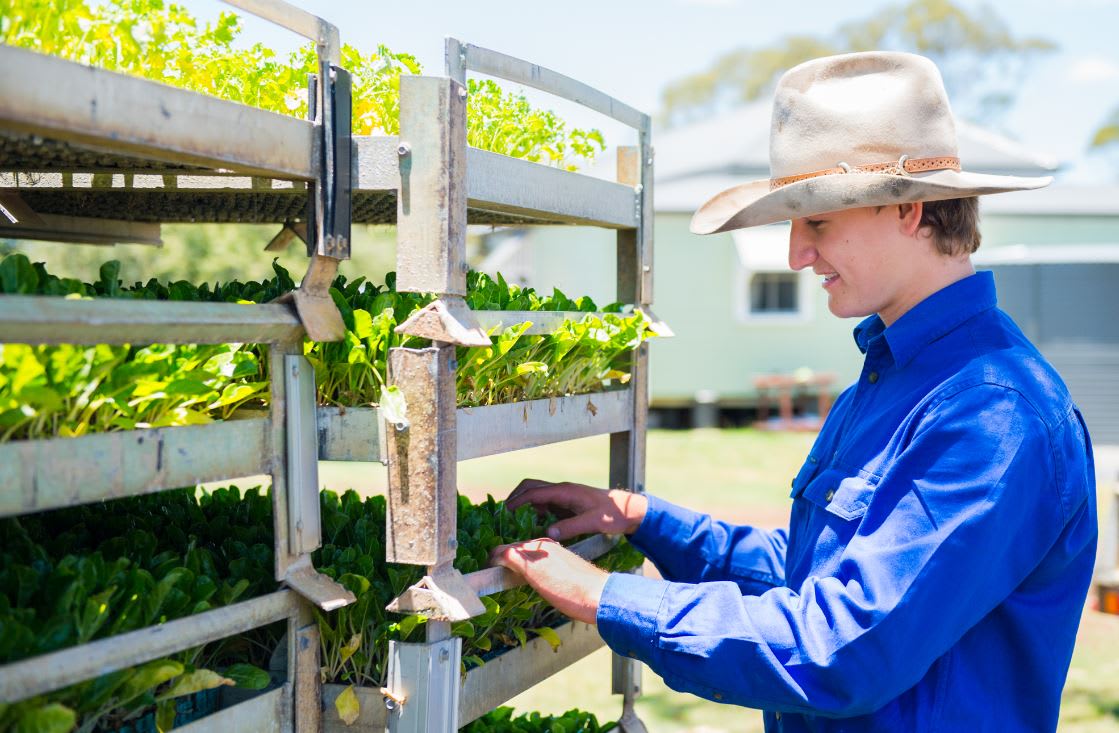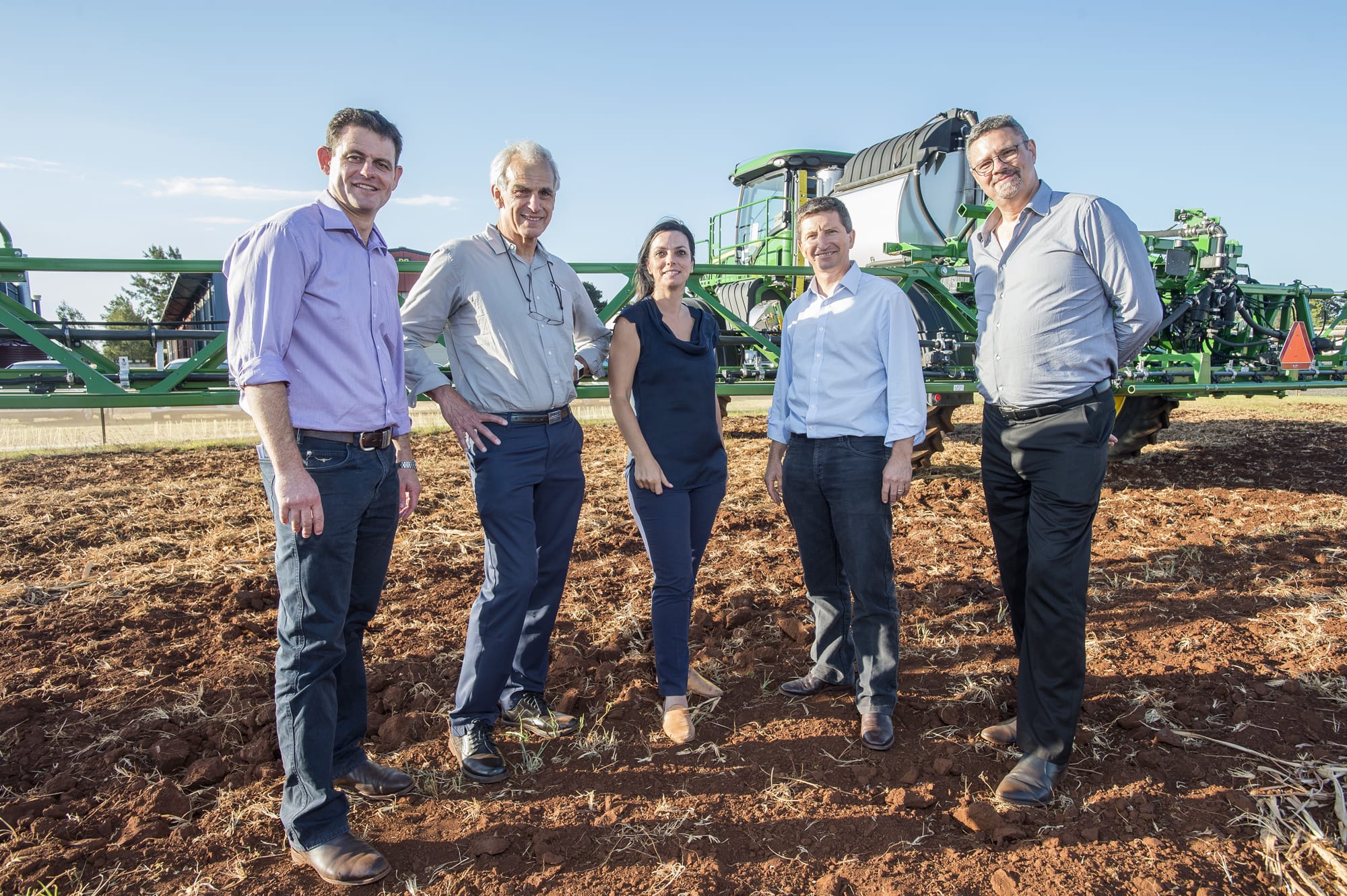How Agricultural Engineering Is Changing The Way We Farm
Think farming is a simple profession? Think again. While planting crops and raising animals to feed the population may be basic in concept, it’s much more complex in practice. Factor in the advent of the digital age and the emergence of many more technologies, and the farming industry is ripe for transformation. Here’s a closer look at several developments changing the sector, along with one school at the forefront of this exciting agricultural revolution.
- Education

Think farming is a simple profession? Think again. While planting crops and raising animals to feed the population may be basic in concept, it’s much more complex in practice. CNBC.com claims, “From the invention of hoes, scythes, and plows to the introduction of tractors, innovation is at the heart of agriculture.” Factor in the advent of the digital age and the emergence of many more technologies, and the farming industry is ripe for transformation.
Here’s a closer look at several developments changing the sector, along with one school at the forefront of this exciting agricultural revolution.
What’s New in Agricultural Engineering?
The face of agricultural engineering is rapidly evolving, with many new, game-changing technologies on the horizon. It is an exciting career in constant flux due to rapid technological changes, meaning people working in it are likely to learn something new every day. In 2014, Business Insider highlighted 15 up-and-coming agricultural technologies based on a report from Policy Horizons Canada, including the following:
● Agricultural robots, or ‘agbots’, and robotic/driverless tractors used for everything from harvesting to irrigation.
● Closed ecological systems, which “do not rely on matter exchange outside the system” an instead transform waste products from within in order to support the life-forms which inhabit the system.
● Gene editing, through which new strains of foods are created, such as mushrooms that do not brown and peach-flavored strawberries. Unlike genetically modified foods, these are wholly engineered.
Five years since on, some of these developments have entered the mainstream, while others have become increasingly scientifically and financially viable. And they are more important than ever given the many challenges the industry is facing. Agricultural engineering ensures farming is conducted smartly and efficiently, to meet the needs of the globe’s growing population.
The UK’s Centre for Process Innovation asserts, “Traditional agricultural methods are simply not sustainable enough for us to achieve food security for a rapidly growing population, lower our carbon footprint, and maintain the health of our livestock. In order to tackle these challenges, innovation is essential and can be achieved through investing in agri-tech.”
Leading the way
For example, Australia’s University of Southern Queensland's (USQ) progress with driverless tractor technology has the potential to maximize on-farm operations while providing safer and less stressful working environments for farmers, while agricultural modeling developments promise to boost profitability while minimizing the environmental impact of farmers. And these are just two ways USQ is working to make the world a better place through agricultural engineering. Other projects underway include improving water use and food security for farmers in South Asia; integrating management of nematodes for grain growers; genetic detection against wheat crown rot; and smart farming used to identify plants as weeds or crops.

USQ
But what good is an investment in agri-tech without the research to drive it? This is where USQ, a leader in agriculture and agribusiness, comes in. It offers the only Agricultural Engineering degree in Australia and focuses on students and teaching, with flexible learning, small class sizes, superb facilities, and invaluable industry connections. With the goal of strengthening agricultural productivity and environmental management challenges, both in Australia and internationally, the school is fueling innovation while accelerating access through research aimed not just at academic wisdom, but also at real-world relevance.
USQ National Centre for Engineering in Agriculture -- an “evolution” of USQ’s National Centre for Engineering in Agriculture -- has further positioned the university to deliver applied, practical, and profitable research solutions on a global scale, according to Farmonline. Queensland’s Minister for Agricultural Industry Development and Fisheries, Mark Furner, said at CAE’s opening, “Innovation is a key plank in ensuring the agricultural sector is a major driver of jobs in a stronger economy. I’m proud to see what was formed here 25 years ago has graduated to a level of international esteem, further evidenced through the Centre’s international partnerships, such as John Deere, and relationships with various global universities.”

USQ
USQ vice-chancellor Professor Geraldine Mackenzie echoed the sentiments about CAE’s influence. “We are still the only university in Australia to offer an agricultural engineering degree and have a proud history of research in agricultural engineering that dates back to our origins and foundation of this institution more than 50 years ago,” she said. “If we’re to meet global demands for food and fiber, many advancements are likely to come in agriculture through engineering-based solutions.
CAE director Professor Craig Baillie, meanwhile, said CAE’s research focus will help identify areas ripe for advancement, thereby creating more opportunities and revolutionizing farming systems. “We believe global growth, prosperity and sustainability of agriculture is dependent on the advancement of innovation, technology and practices that will occur through engineering solutions. CAE will build on well-established research and raise this to a new level which is internationally-recognized while providing greater value to our research partners, communities and stakeholders particularly in Australia and around the world,” Baillie explained.
With universities such as USQ paving the path -- or plowing the field, as it were -- for agricultural engineering developments in farming, the future is now closer than you think. Will you be a part of it? Learn more about USQ here.

Joanna Hughes
Author
Joanna worked in higher education administration for many years at a leading research institution before becoming a full-time freelance writer. She lives in the beautiful White Mountains region of New Hampshire with her family.
Find a program in these categories
Read related articles

Are International Students Immigrants? The Debate Explained

Six Things All International Students Should Do Before Traveling
